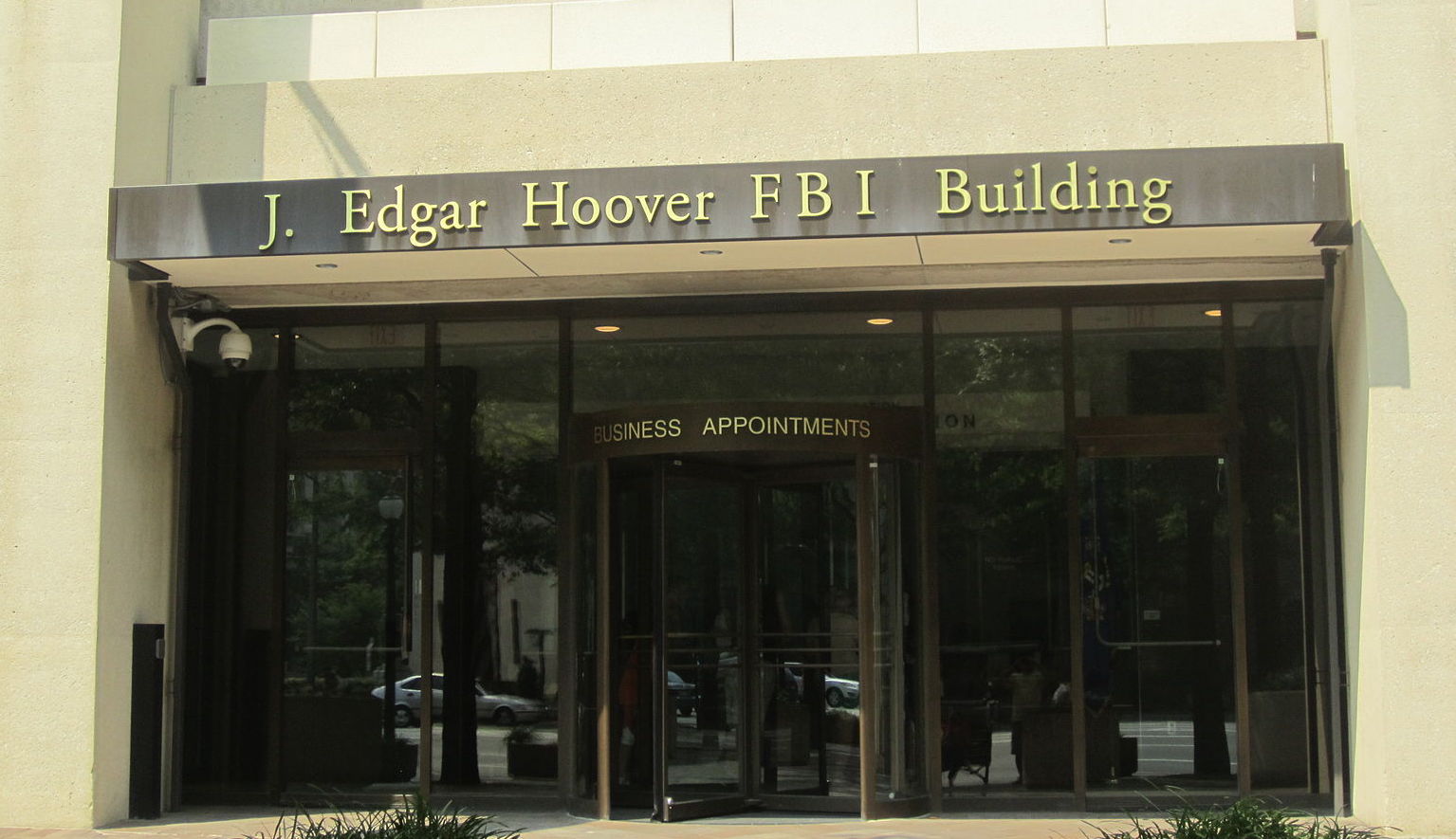FBI Independence—Too Much of a Good Thing?
Andrew Kent argues that in light of President Trump’s attempts to influence the FBI investigation into his campaign’s Russia connections, and his firing of James Comey, Congress should consider giving the director of the FBI greater independence by making him removable only for cause—and with any removal potentially subject to judicial review.

Published by The Lawfare Institute
in Cooperation With

Andrew Kent argues that in light of President Trump’s attempts to influence the FBI investigation into his campaign’s Russia connections, and his firing of James Comey, Congress should consider giving the director of the FBI greater independence by making him removable only for cause—and with any removal potentially subject to judicial review. Setting aside the conceded political impossibility of such a change in the current climate, this is a bad idea.
The Constitution imposes on the president the duty to “take care that the laws are faithfully executed.” As Kent concedes, congressional limitations on the president’s ability to remove the head of the chief federal law enforcement agency might therefore violate the separation of powers. But whether or not it would be unlawful, it would be inconsistent with the principles underlying our government. The president, for example, has the right to dictate law enforcement priorities, and subordinate agencies should be required to follow those priorities so long as they are not unlawful. Indeed, the president has the authority to determine whether individual criminal cases should be brought—for example if a case might affect vital national security interests —and the FBI director should not be allowed to disregard those determinations.
Moreover, while it is unquestionably true that law enforcement decisions should be made free from political considerations, history teaches that too much independence for the director of an agency as powerful as the FBI is a bad thing. The obvious example of the dangers presented by an unconstrained FBI director is J. Edgar Hoover. The president’s power to remove the director serves as an important check on abuse of power.
Of course, if Director James Comey is believed, President Trump appears to have abused that power. But it is a mistake to make policy decisions of this significance based on the misdeeds of a single individual. Kent notes that Congress considered limiting the president’s authority over the FBI in the aftermath of Watergate, but chose only to impose a term limit. In the case of Watergate, the system self-corrected. Today, Trump’s actions have led to the appointment of a distinguished special counsel, and the nomination of a qualified successor. It is far better to leave the kind of abuses we may face today to be corrected by the political system than to make fundamental changes in that system that may come back to haunt us.


-(1).jpeg?sfvrsn=143eb65_5)
.jpg?sfvrsn=d5e57b75_5)

